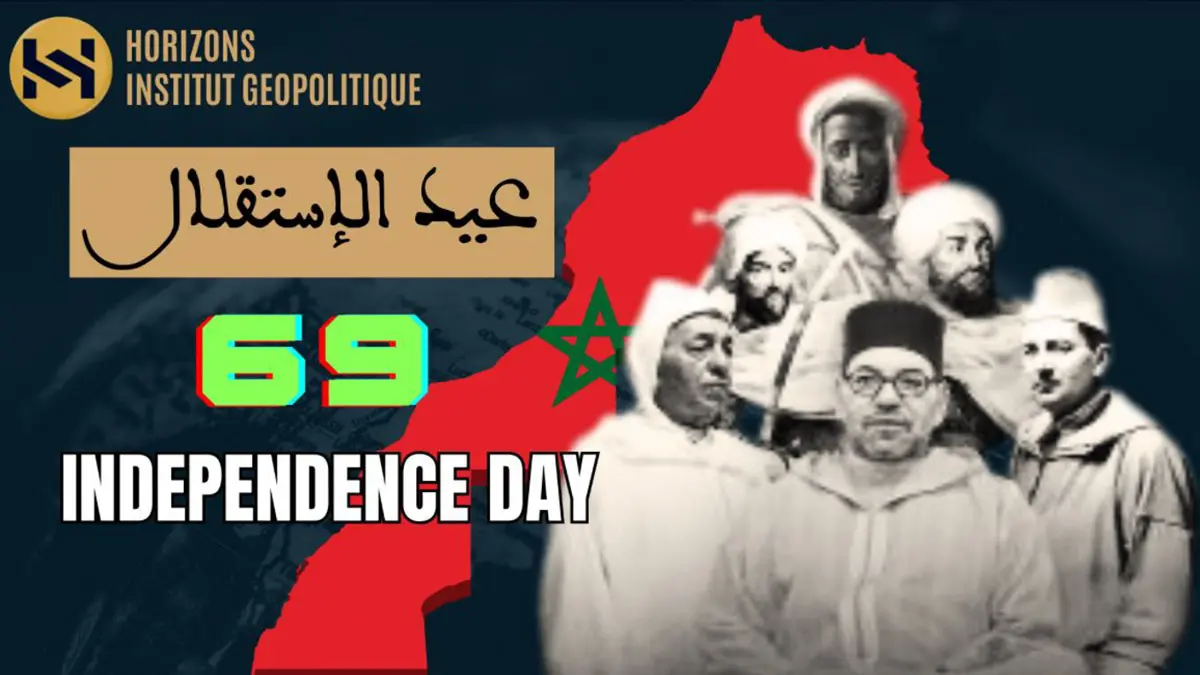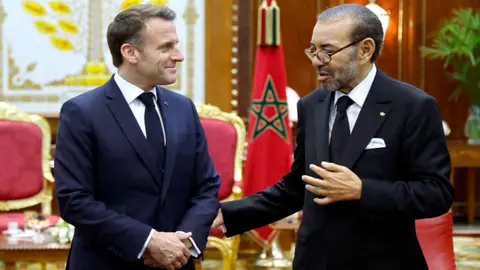Morocco: from territorial empire to empire of influence

Not the recently realised transformation of a post-colonial nation towards full sovereignty, but a more profound transformation: that of a thousand-year-old empire preparing to reinvent its nature even for the 21st century.
This imperial reconversion, of which we may be witnessing the first stirrings, is an imminent and natural challenge in the order of historical evolution.
While the territorial question of the Eastern Sahara remains on the agenda, the ambition goes much further: it is a question of imagining and constructing an unprecedented form of imperial radiation.
The monarchical system is the main asset of this coming transformation.
The Moroccan monarchy, despite its imperfections, appears to be the institution best suited to orchestrate this historical metamorphosis. Its very nature guarantees the stability necessary for long-term strategic projection, ensuring the continuity that is indispensable for the great projects of civilisation.
History reminds us that before colonisation, Morocco embodied an imperial reality that extended far beyond its current borders. Its power radiated as far as Senegal, its spiritual influence irrigated the whole of West Africa, and its trans-Saharan trade networks forged lasting links.
The Cherifian Empire was already a unique synthesis of African, Amazigh, Arab and Andalusian influences.
Although colonisation amputated this empire of vast territories, it could not destroy the foundations of its power. Dynastic continuity has remained intact, spiritual leadership has persisted, networks of influence have survived and, above all, the imperial identity has remained anchored in the Moroccan collective consciousness.
The coming transformation will have to replace the traditional concept of military conquest with that of mutually beneficial cooperation.
In this new configuration, Morocco is called upon to embody the figure of a benevolent and protective elder brother, far from any intrusive tutelary posture.
A leadership based on generosity and respect for each other's independence, at the antipodes of the Stalinist model of domination.
The beginnings of this new influence are already emerging: the development of renewable energies, the emergence of innovative cultural industries, technological cooperation.
The Kingdom is charting a path of shared development in which its success becomes the success of its partners.
The challenges are immense. Reinventing the very notion of empire, reconciling influence and absolute respect for sovereignty, developing new tools of influence: everything remains to be built.
Morocco certainly has unique assets - historical legitimacy, institutional stability, strategic vision - but the transformation has only just begun.
History is in the making. Morocco is embarking on an unprecedented adventure: the metamorphosis of a millennia-old territorial empire into an empire of influence adapted to the 21st century, where power is expressed through the capacity to federate and protect rather than through domination.
The first signs are there, but the essential remains to be done. One thing is certain: this reconversion, as natural as it is inevitable in the historical evolution of the Kingdom, will profoundly shape the international relations of tomorrow.
Horizons Geopolitical Institute
By Abdelhakim Yamani



